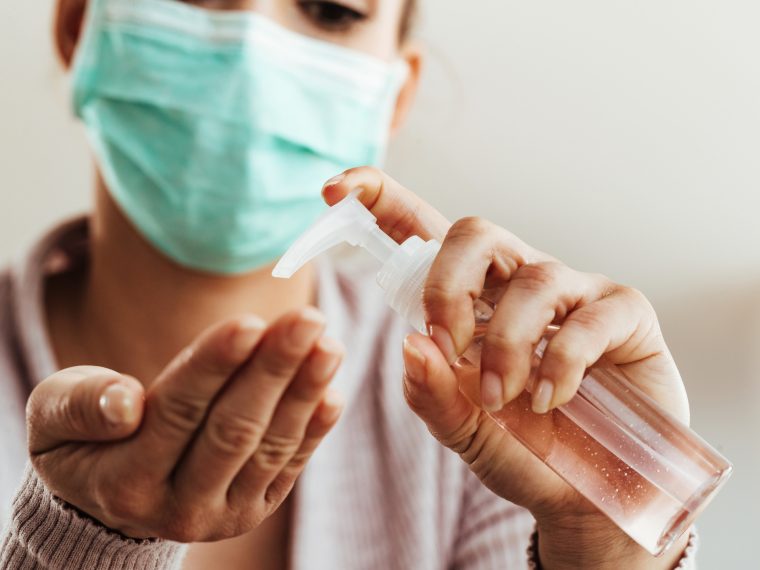



Posted: July 27, 2020

Face coverings, if worn correctly, can reduce the spread of SARS-CoV-2, the virus that causes COVID-19. Concerns have been raised, however, that wearing face coverings might lead people to forgo other protective behaviours, such as frequent handwashing and maintaining physical distance from others, sometimes called risk compensation. In our new BMJ paper, we examine the evidence for this concern.
Based on an analysis of the limited evidence available, we conclude that wearing face coverings does not lead to poorer hand hygiene, refuting concerns that the wearing of face coverings leads to a false sense of security. Evidence from other areas, including the introduction of HIV pre-exposure prophylaxis and HPV vaccination, which have been argued to lead to an increase in unprotected sex, also indicates that risk compensation is not discernible at a population level. Arguably, the concept of ‘risk compensation’ – rather than risk compensation itself – may be a greater threat to public health, as it may discourage policymakers from implementing potentially effective measures, such as the wearing of face coverings
Reference Mantzari E, Rubin J, & Marteau TM Is risk compensation threatening public health in the covid-19 pandemic? BMJ Analysis; 27 July 2020: